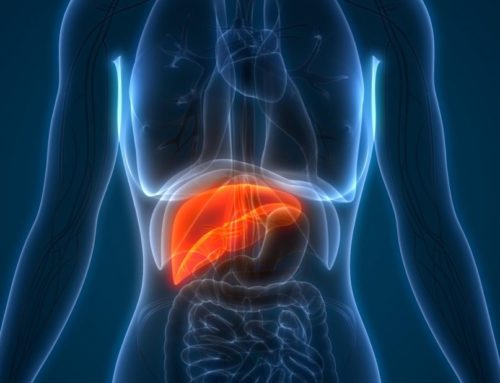Menstruation is the process by which a woman ovulates or releases an egg ready for fertilized by a sperm. As a woman ages, she ceases menstruation by no longer producing hormones, such as estrogen and progesterone, necessary to ovulate. This is known as menopause.
While most women experience menopause in their late 40s and 50s, some women go through it much earlier. If a woman has the menopause before age 40, this is known as early menopause.
Early menopause may be induced by medical treatments or, as a side effect of them. However, some women may experience early menopause due to unexplained factors.
It is important for a woman to talk to her doctor if she is going through early menopause, as this condition can affect her health.
CAUSES
Both medical treatments and other factors can result in early menopause. Some of the most common causes of early menopause include:
– Genetics (family history): Women who have a close family relative, such as a mother or grandmother, who went through early menopause, they are more likely to do the same themselves.
– Autoimmune disorder: A disorder where the body’s immune system attacks the body itself. Sometimes an autoimmune disorder, such as thyroid disease or rheumatoid arthritis, can damage the tissues in the ovaries, affecting their abilities to make hormones. This can result in early menopause.
– Cancer: Undergoing chemotherapy or radiation to the pelvis for cancer can damage the cells in the ovaries, resulting in early menopause. Not all women who receive radiation and chemotherapy treatments for pelvic cancers will experience early menopause. However, it is a possibility.
– Surgery to remove the uterus or ovaries: An operation to remove the ovaries is known as an oophorectomy, and it can induce what is called surgical menopause. Because the ovaries are removed, overall hormone levels fall. While surgery to remove the uterus does not always result in immediate menopause, some women may experience menopause early because of this, too.
When a woman experiences early menopause that is not a result of medical intervention, this condition is known as primary ovarian insufficiency.
SYMPTOMS
A woman has early menopause when she has not had a period for 12 months in a row.
Other symptoms associated with changing hormone levels include:
– Difficulty sleeping.
– Hot flashes.
– Irregular periods.
– Vaginal dryness.
While women skip their periods from time to time without being pregnant or in menopause, early menopause causes continued missed periods over the course of 12 months.
No definitive test exists to reveal if a woman is in early menopause. But there are tests that help a doctor determine if a woman is probably experiencing this condition.
Examples include a blood test for follicle-stimulating hormone (FSH). This hormone controls the production of eggs in the menstrual cycle.
However, a woman’s hormone levels change depending on where she is in her menstrual cycle. A woman can have a low FSH level, yet not be going through menopause.
COMPLICATIONS
Menopause and the associated changes in hormones cause a number of symptoms in a woman. Hot flashes may be temporary, but there are other long-term effects that can impact on a woman’s life and health.
While the hormones produced in the ovaries play a role in sexual function, they are also important for a woman’s overall health.
Going through early menopause at a young age can affect a woman’s childbearing years. As a result, she will not be able to get pregnant. This can have a far-reaching, psychological impact.
Other long-term complications associated with early menopause include:
– Loss of bone density.
– Increased risk for cardiovascular disease.
– Urinary incontinence.
– Weight gain.
– Affected sexual activity.
– Impaired ability to think.
TREATING EARLY MENOPAUSE SYMPTOMS
According to an article published in Climacteric, most medical societies recommend that women who go through early menopause take hormone replacement therapy until they reach expected menopausal age.
This therapy means taking estrogen and other hormones, that are similar to the body’s natural hormones, to reduce menopause symptoms.
Source: Medical News Today.
Written by Rachel Nall, RN, BSN, CCRN.
Reviewed by Debra Sullivan, PhD, MSN, CNE, COI.





